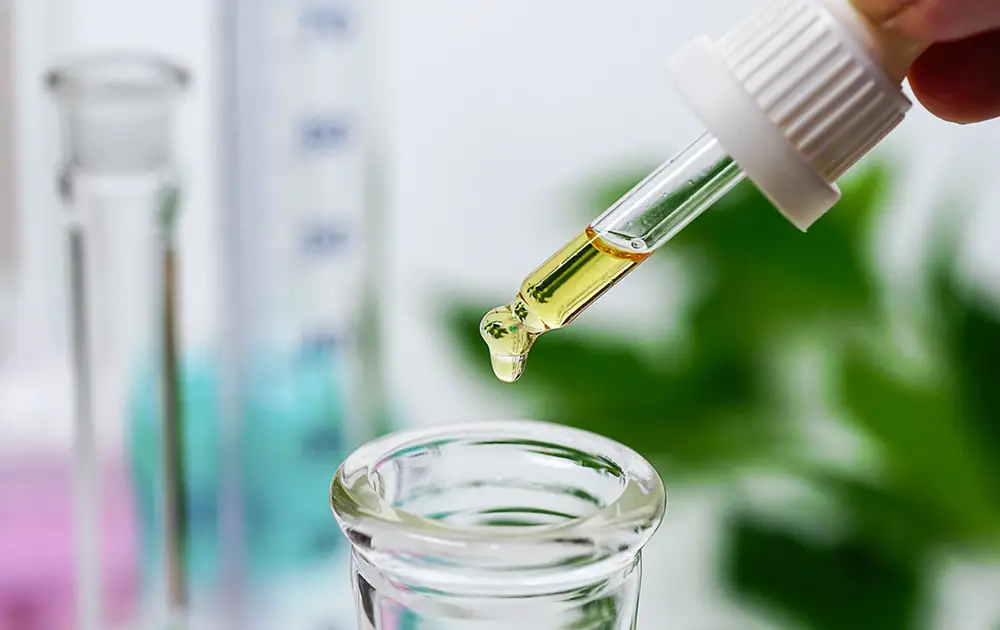Our focus is providing high quality service with dedication and care
Our dedicated team supports practitioners through training, educational resources, and responsive support to assist with prescribing and patient care.
We’re committed to building the evidence base through clinical trials and observational studies that contribute to the broader scientific understanding of medication.








Empowering Healthcare Professionals
Little Green Pharma partners with doctors, pharmacists, nurse practitioners and other healthcare professionals to provide clinical support, ongoing education, and guidance on safe prescribing practices. For information on clinical support and guidance, contact us.

Australian-owned Medicinal Cannabis Manufacturer
For a little Aussie-owned company, we’re big on making a difference.
Combining science, nature, and compassion, we support healthcare professionals with accurate information and helpful resources. We aim to raise awareness and understanding within the framework of Australian regulations to support safe and legal access.
Our products are manufactured at our facilities in Australia and Denmark, in accordance with Australian standards.
Our Support Team
Quality and Professional Support
Our dedicated Customer Care Team, along with our specialised Medical Science Liaison team, provides expert support and information to healthcare professionals involved in patient management.
For more information, contact our team or register for access to our medical portal.

Contact Us For Free Assistance
"*" indicates required fields

